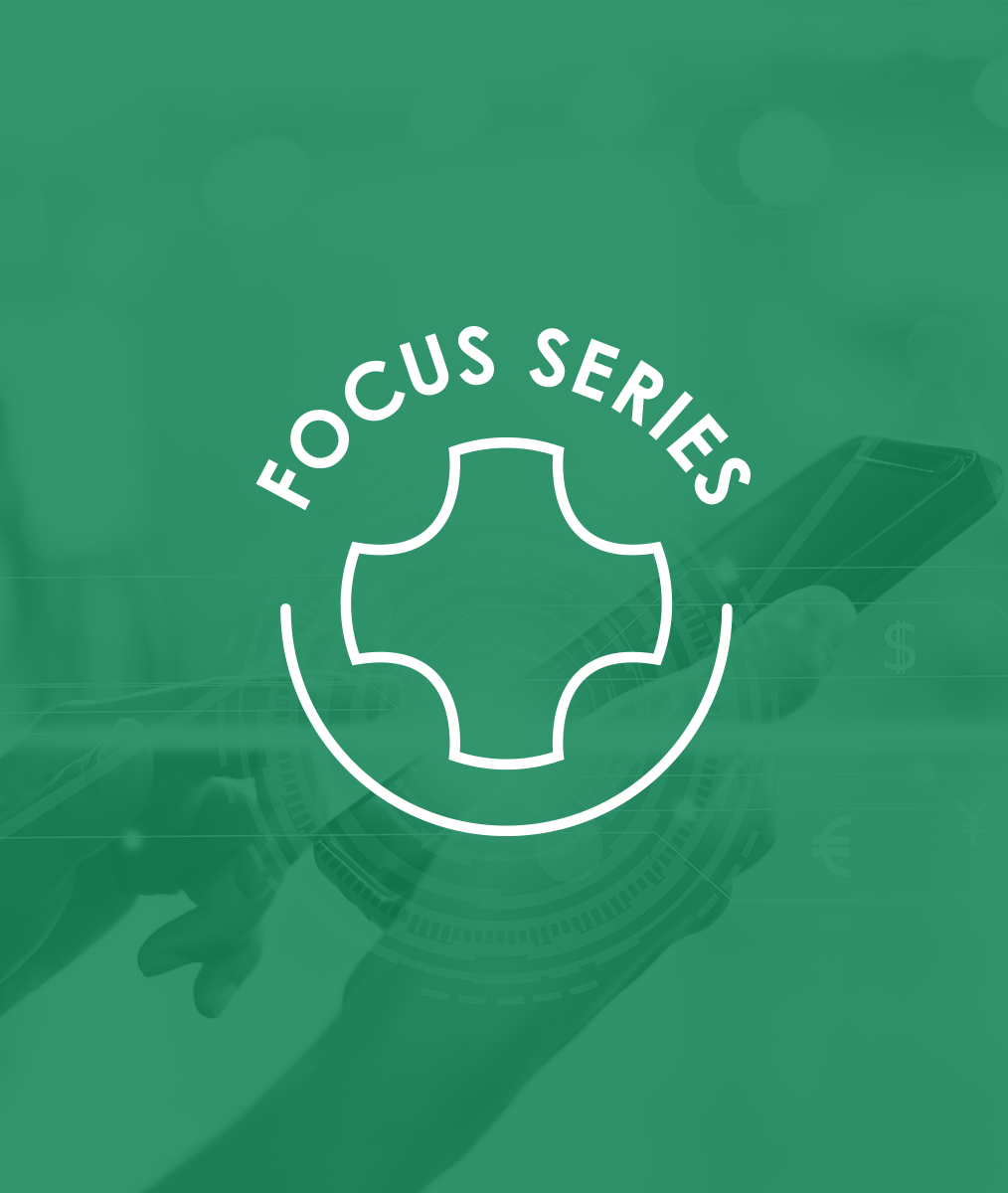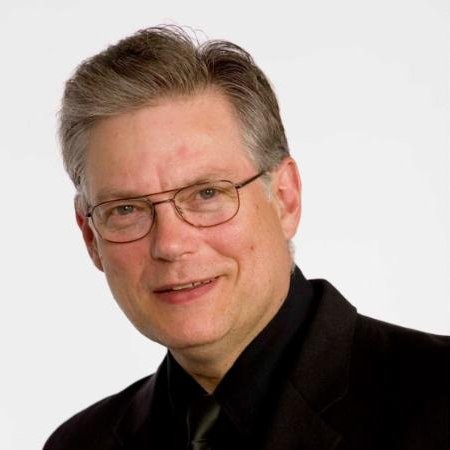
Lifelong Learning Part 2: We’re All Lifelong Learners
Gary M. DeWood, DDS, MS
Adults have a wealth of experience to draw on and they like to do so as part of their learning. Adults are not used to taking direction in education; they choose what they want to learn. When my friend (in Part 1 of this series) lost his active interest in seeking out dental education, he had made a choice to learn other things he hoped to know.
One of my heroes, Doctor Parker Mahan, told me once that one of the harshest lessons of mortality for him was the realization that he could never live long enough to learn everything he wanted to know.
Adults need to create specific opportunities to self-reflect and internalize what they are learning in order to integrate it with what they already know. Adults have preconceived notions about education, learning style, and subject matter that interfere with their learning. Adults are often afraid to fail so they frequently guard their learning process by telling themselves why what they are hearing is wrong.
Where children are sponges when it comes to learning, as adults our brains adapt to experiences and interactions that occur “on purpose.” We acknowledge a reason to remember that experience…to have that new knowledge.
Here’s an example.
Our eldest child, Patricia, entered a world in which those charged with her immediate care had barely learned to care for themselves–a world to which she adapted very quickly. In no time she had taken control of the lives of two sentient beings who proudly professed their independence and right to make decisions about their own lives but nonetheless jumped through the hoops of her creation as soon as they were offered.
After the grandmothers had departed and Cheryl and I were now totally responsible for this baby FOR REAL, her training of us began in earnest. Turns out Cheryl and I CAN be taught, proven by our immediate response to Patricia’s guidance in managing her universe. A visit by Uncle Toby and Aunt Patsy presented us with an opportunity to learn from another source.
Following a hearty meal, a very sleepy baby was laid in her crib for some sleep. Almost immediately upon our return to the living room Patricia realized she was no longer being held, and realized she was no longer where the “party” was happening. Being WITH the party is very high on Patricia’s list. When she “called out” in response to that situation, two very well-trained parents immediately stood to head for the emergency that was happening for the helpless baby. Uncle Toby looked at us as we simultaneously rose and said, “What are you thinking?”
That might sound like a question, but it was really a statement that meant “stop.” So, when Uncle Toby asked his “question,” Cheryl and I stopped as we were instructed. Uncle Toby then asked, “What are you teaching that baby if you go in there and pick her up every time she cries?”
As brand-new, first-time parents, this thought was alien to us. Being so well trained, we thought our only mission in life was to keep the baby from crying. With some angst in our stomachs that tightened each time Patricia’s wailing reached a new crescendo, we sat in the living room and pretended to ignore what we were hearing.
Suffice it to say that when our second child Dale came along, he learned, and reasonably quickly, that we were not necessarily coming every time he rang the bell.
Every day, we hear and see a lot of information that never makes the transition to “learning” because it does not produce change.
Change can only occur for adults when we enter into an agreement with ourselves that there is something we want to learn in what is being said or shown to us. We ACT on it.
The truth is EVERY interaction we have with any other person or situation is a potential learning experience if we reflect upon it and internalize its meaning for us and act on it. It’s impossible not to learn. We do it all the time. Lifelong learning is thus a forgone conclusion.
One of the greatest joys in dental practice is creating learning moments for patients by providing intentional opportunities for them to experience their oral health and interact with us in a way that provokes their curiosity, internal reflection, and acknowledgement of needs. Just as we are lifelong learners, we can trust that they are lifelong learners, too.
Related Course
Creating Financial Freedom
DATE: March 6 2025 @ 8:00 am - March 8 2025 @ 2:00 pmLocation: The Pankey Institute
CE HOURS: 16
Dentist Tuition: $ 2795
Single Occupancy with Ensuite Private Bath (per night): $ 345
Achieving Financial Freedom is Within Your Reach! Would you like to have less fear, confusion and/or frustration around any aspect of working with money in your life, work, or when…
Learn More>








Excellent Gary. The parenting experience example is a perfect one. We too often react emotionally when we should be responding strategically with patients. And by that, I don’t mean manipulation.
I recently was listening to a podcast where the discussion revolved around the difference (generally) between men and women on the emotional level. It was stated that “Men have a lot more trouble understanding their emotions, because it tends to be culturally discouraged. On the other hand, women tend be much more supported in that area of personality development.”
The result is that the average male, when confronted with a problem that has a lot of emotional content (see dentistry), tends to skip
past the emotional content and go directly to problem-solving. Why? — because they are too uncomfortable dealing with how THEY are feeling when someone else is being emotional; it’s foreign territory, and they don’t want to go there, especially with a virtual stranger because they don’t feel safe.
That statement turned my perception on its head. Previously, I was trained to think that men “just don’t feel emotions the same.” I no longer believe that’s true. We all feel emotions, but we all manage them differently, and that difference is often culturally influenced.
~Paul